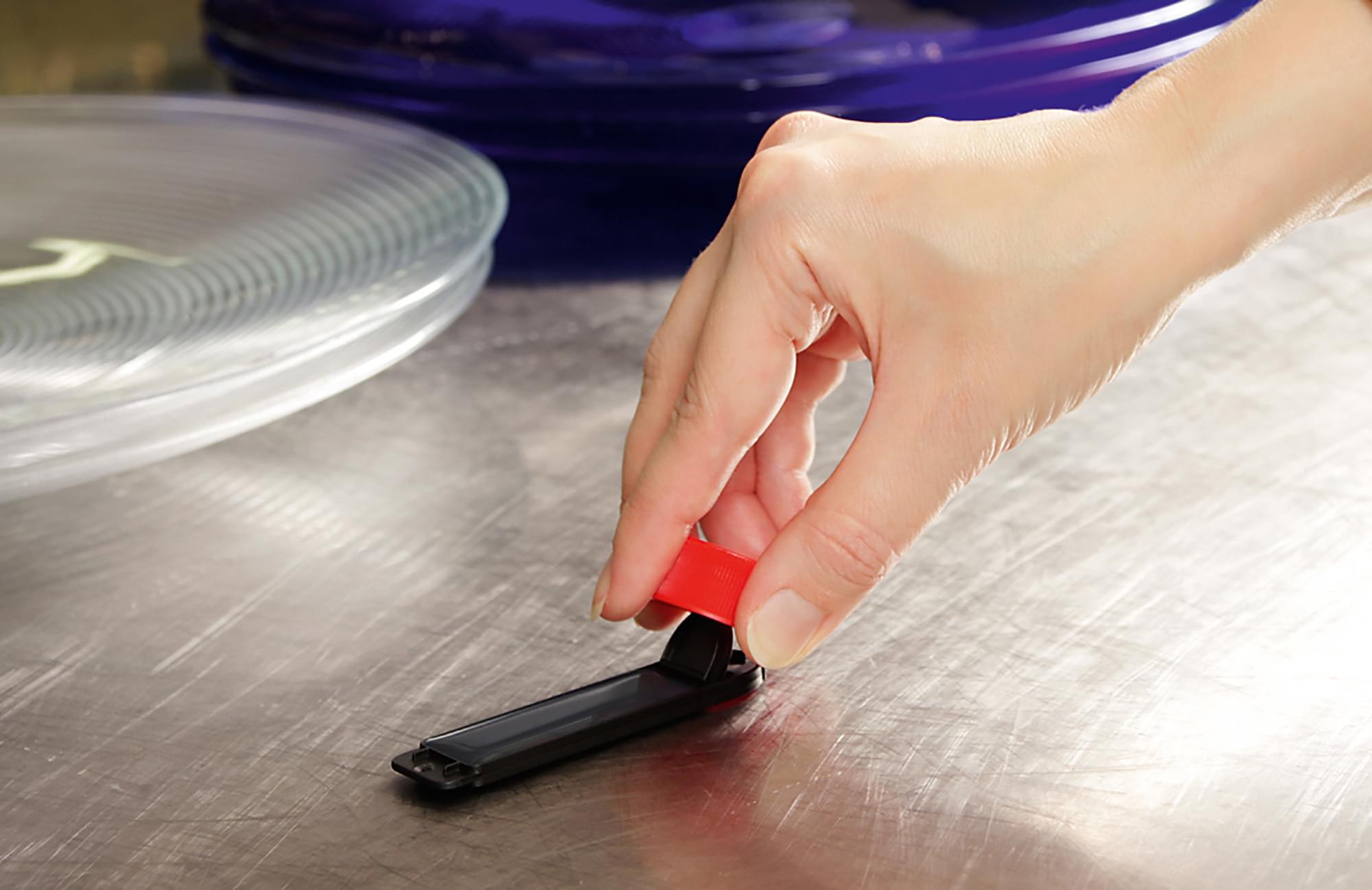Clean facilities in vegetable product manufacturing lead to safer products, less wastage, and improved product processing options
Modern consumers require vegetable products which can be fast and easily cooked. Microbes are naturally present in all vegetables. During the processing, such as cutting, the vegetable cells brake which makes the product more prone to microbial growth and spoilage. Good surface hygiene in the vegetable product manufacturing has direct impact to the safety of readily packed vegetable products. In addition, good production hygiene enables the use of side products for other purposes such as for cosmetics, animal feed, and technical products. This also decreases the amount of waste.
Hygicult tests have been used in a study by Kuisma et al. for detecting surface hygiene in the manufacturing processes of companies which produce processed foods such as fish, apple, potatoes, and salads. There were high microbial counts especially in the facilities where vegetables were processed, even after the normal cleaning procedure. The especially critical points for contamination were equipment and conveyor belts. The companies were given a detailed hygiene monitoring plan with specified microbial testing frequency and testing spots. Also, advice was given to improve hand hygiene.
After three years, the testing with Hygicult was repeated in the companies who participated in the study. The number of microbes had decreased and remained lower in almost all of the tested areas, which clearly shows the importance of testing with Hygicult and following the hygiene monitoring plan.

References
- Kuisma, R., Kymäläinen, H-R., & Lehto, M. (2020). Havaintoja kasvistuotteiden tuotantotilojen pintahygieniasta eri tuotantoympäristöissä. Elintarvike ja terveys, 34(4), 52–55.
- Tuotantotilojen pintahygienian selvittäminen eri tuotantoympäristöissä. In Maataloustieteen päivät 2020: Suomen Maataloustieteellisen Seuran tiedote nro 38 (pp. 1–7). Suomen maataloustieteellinen seura


